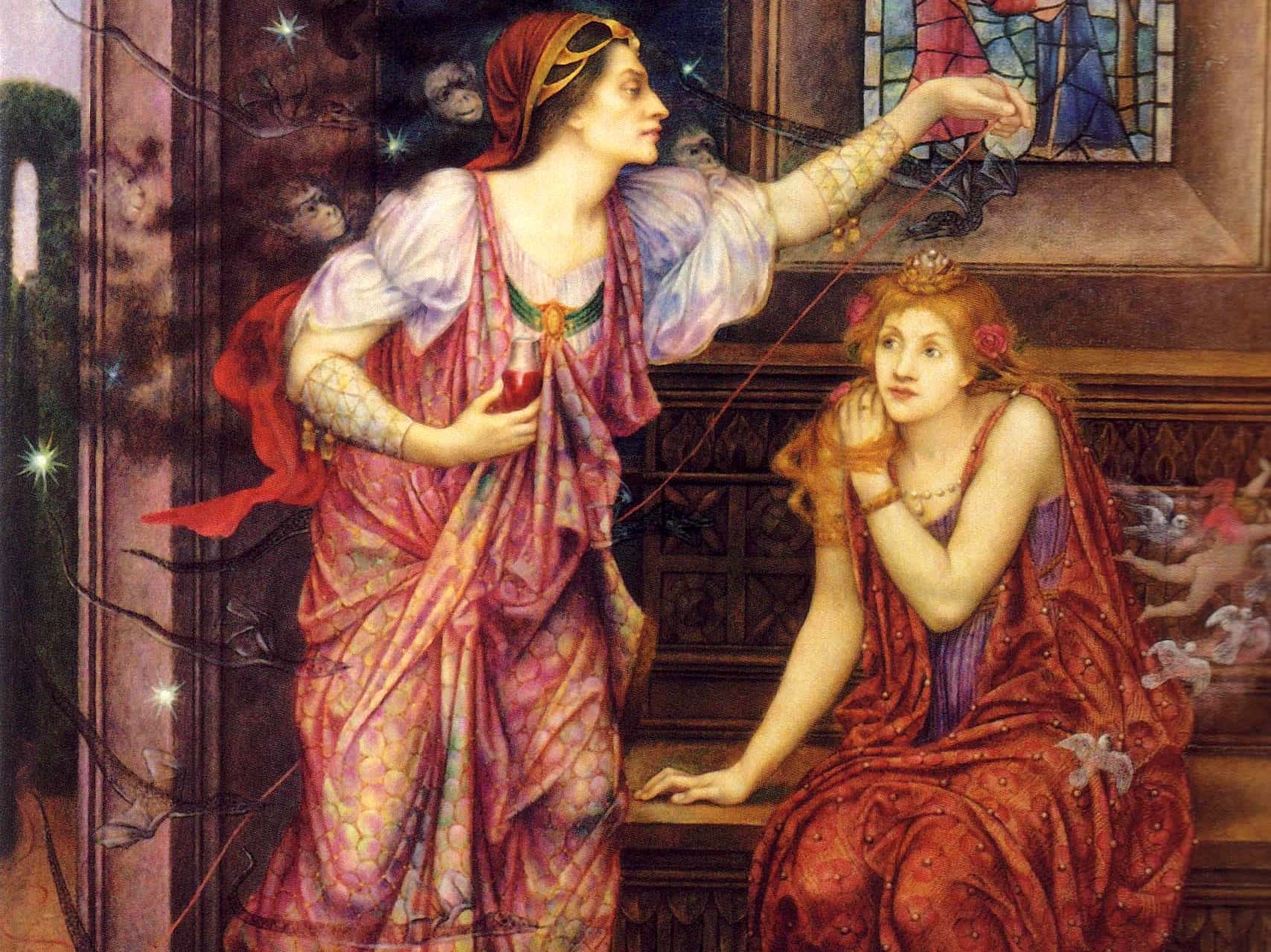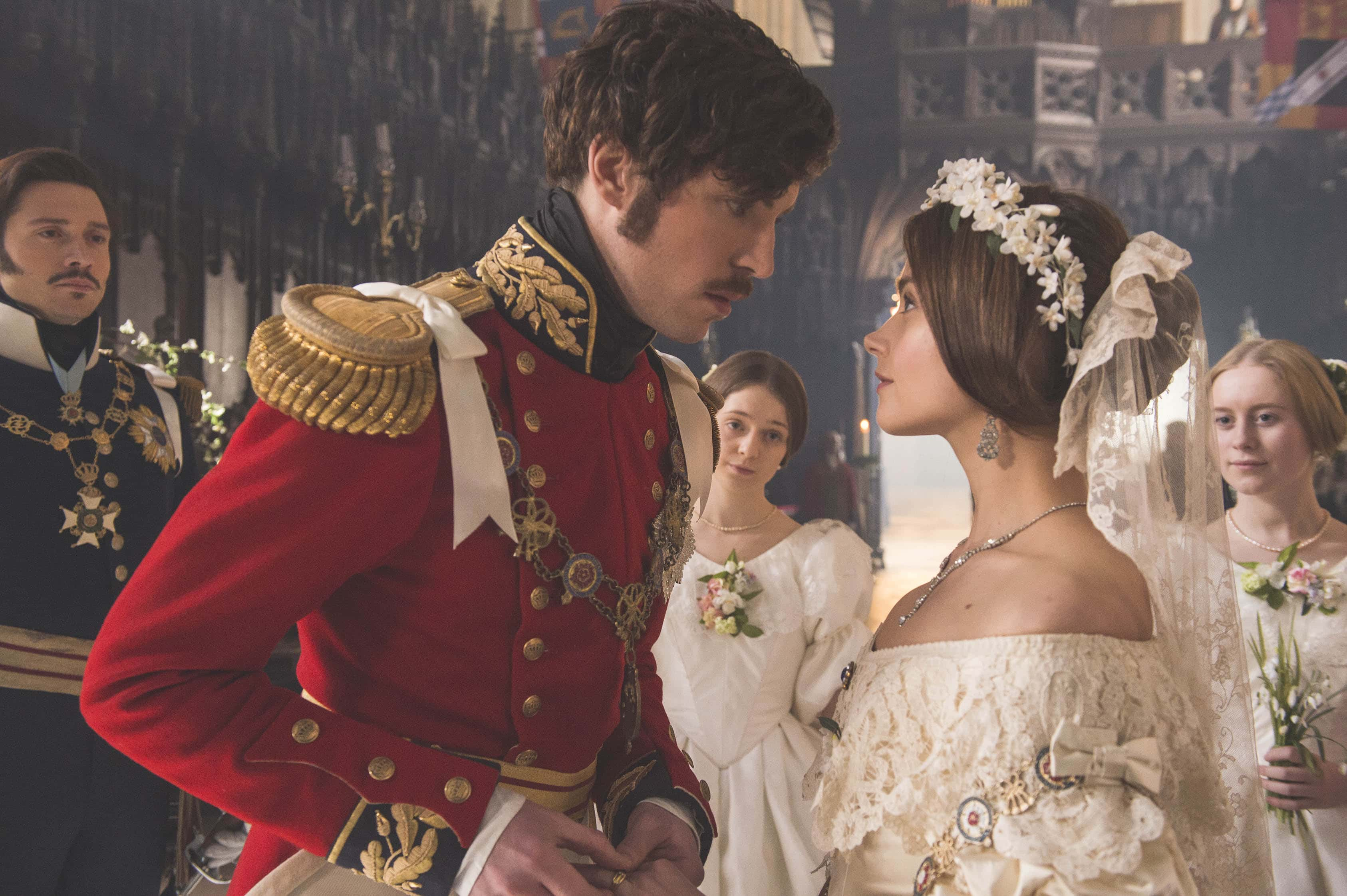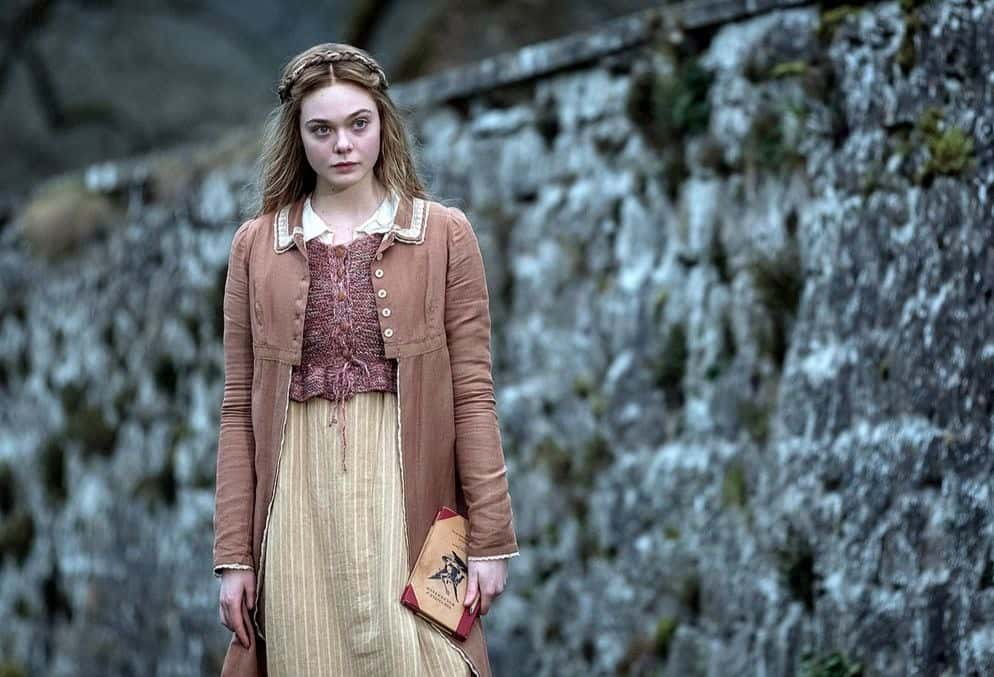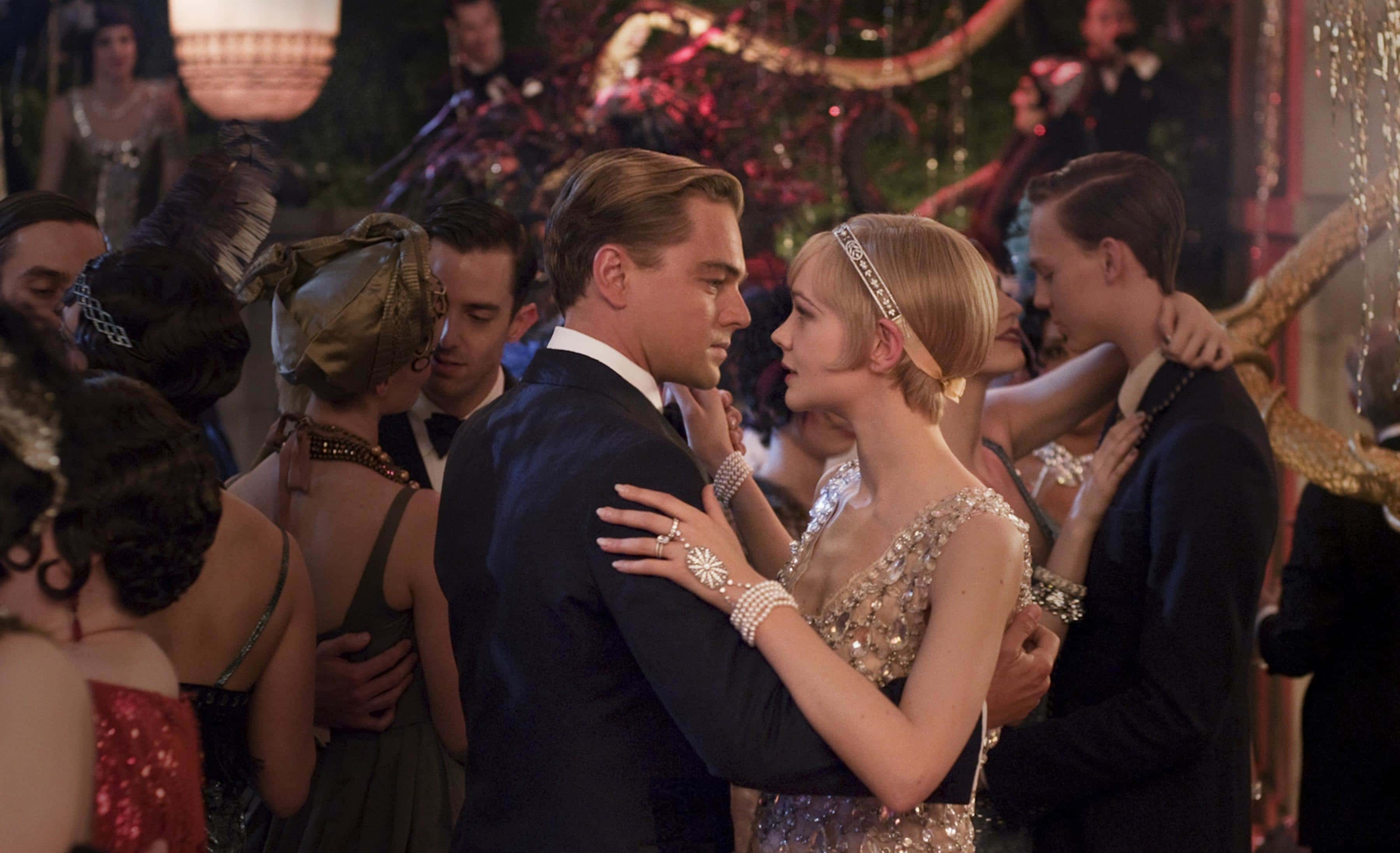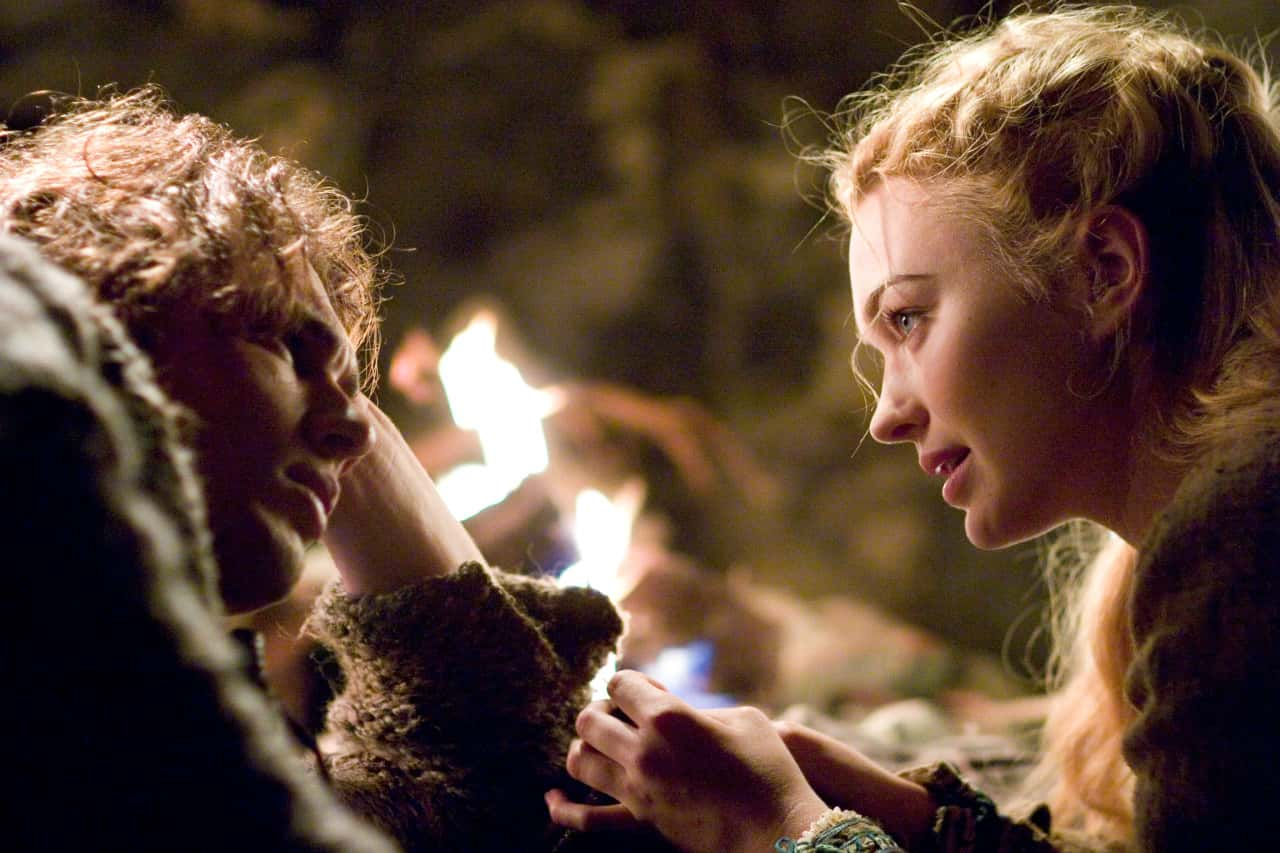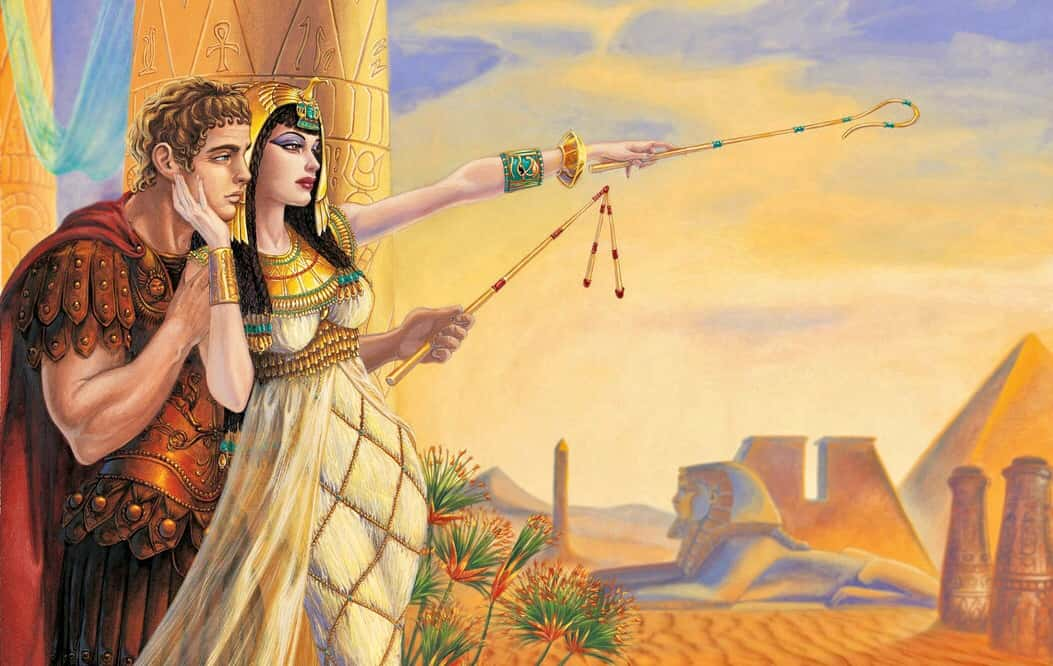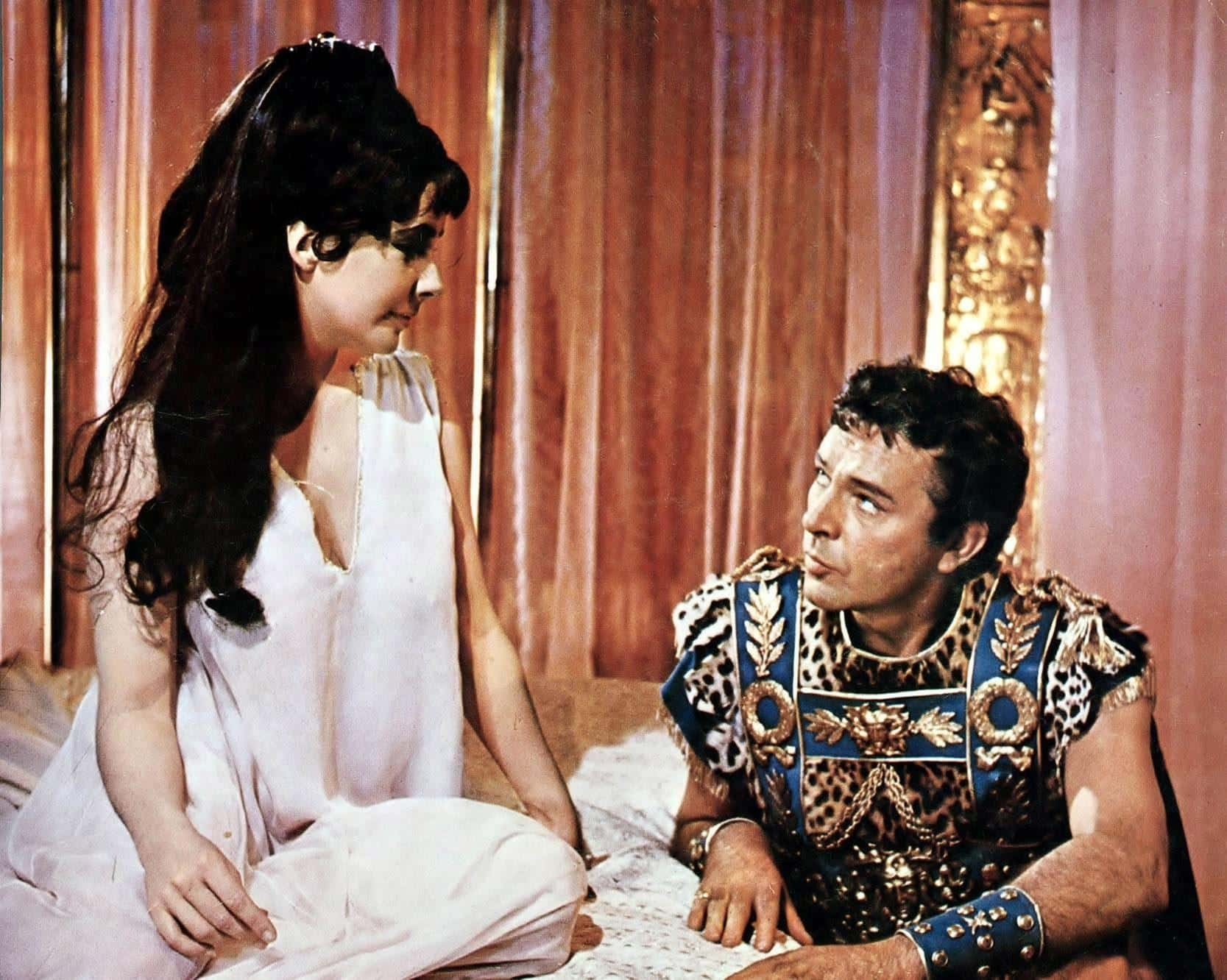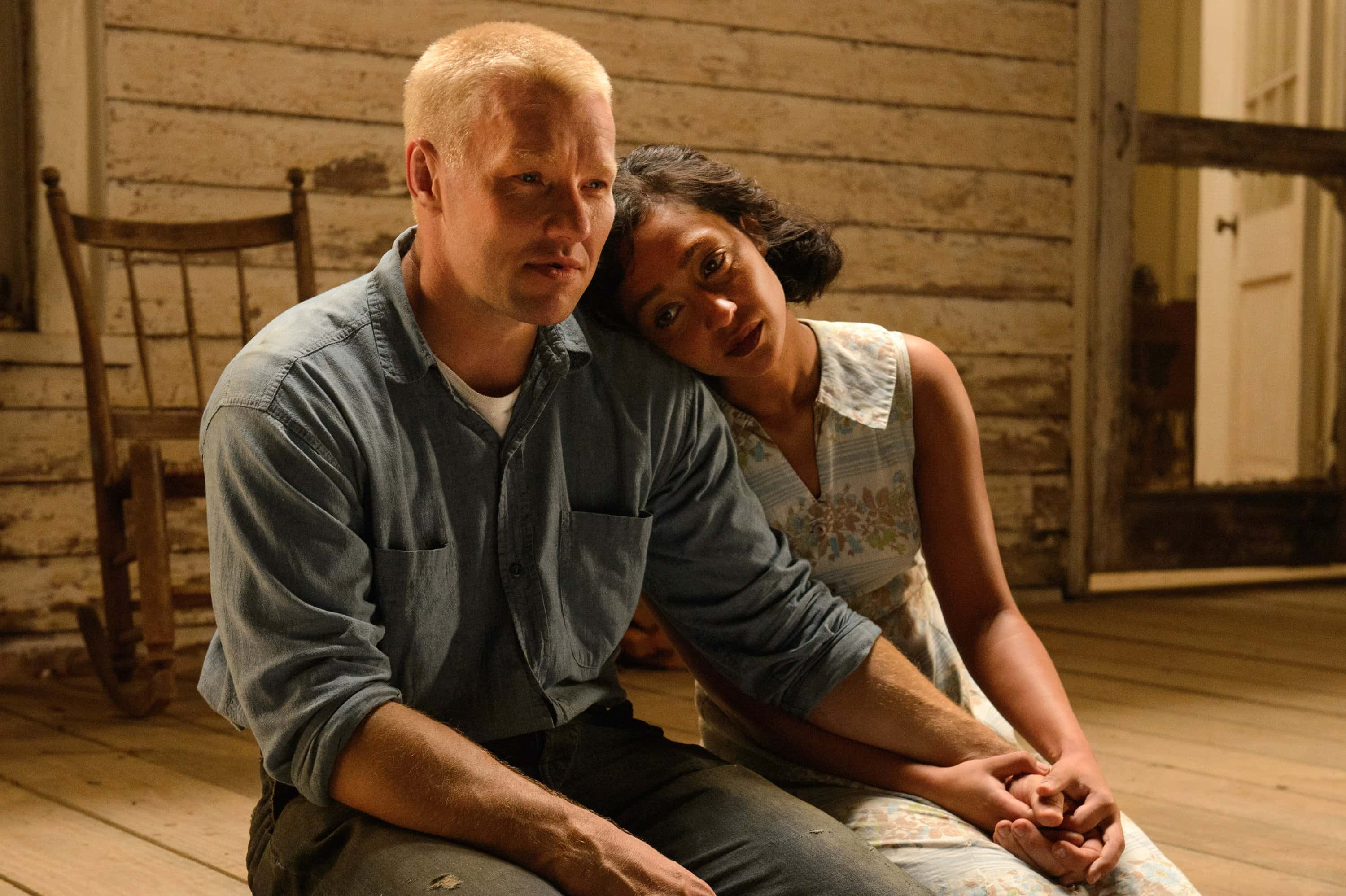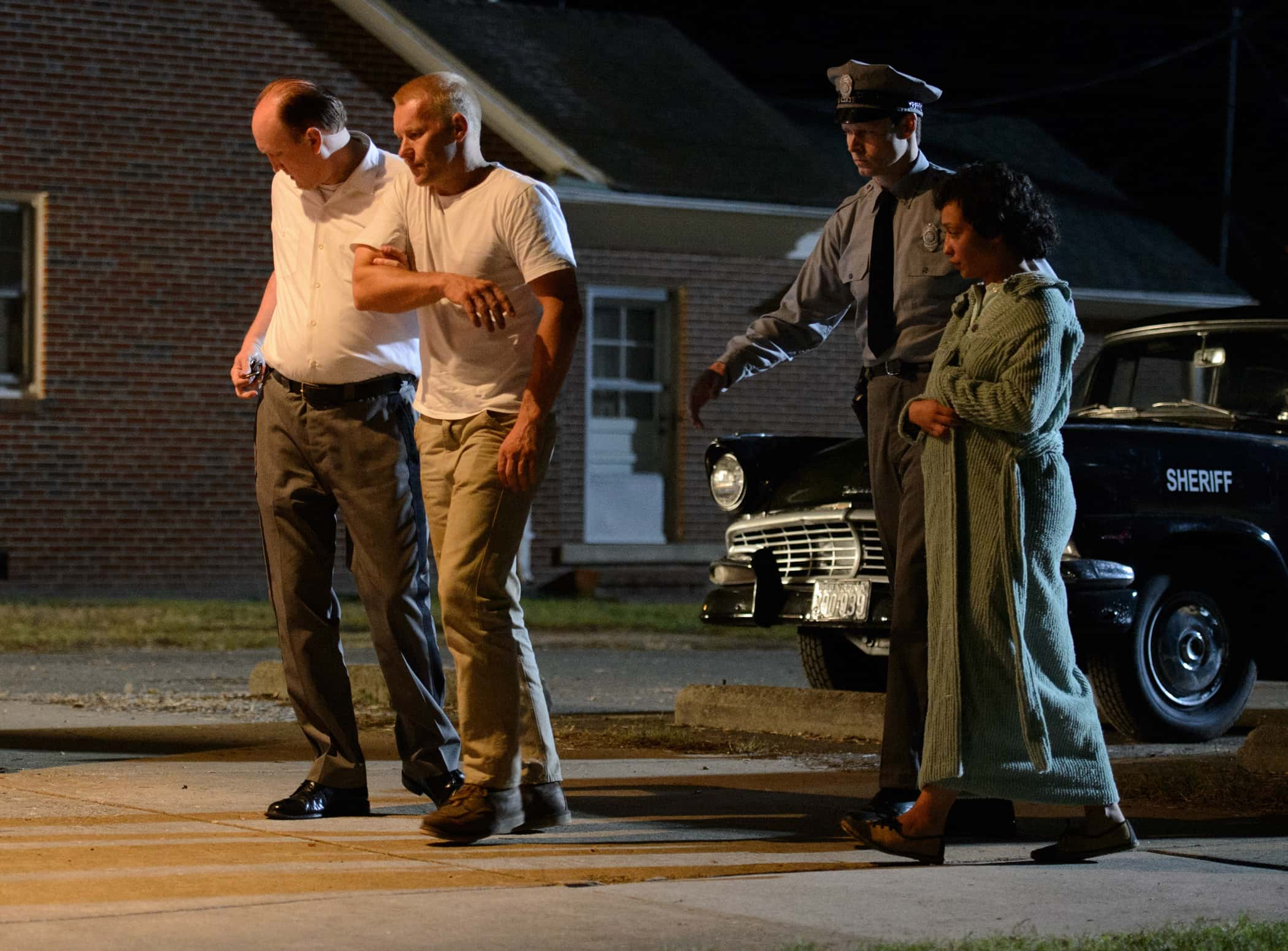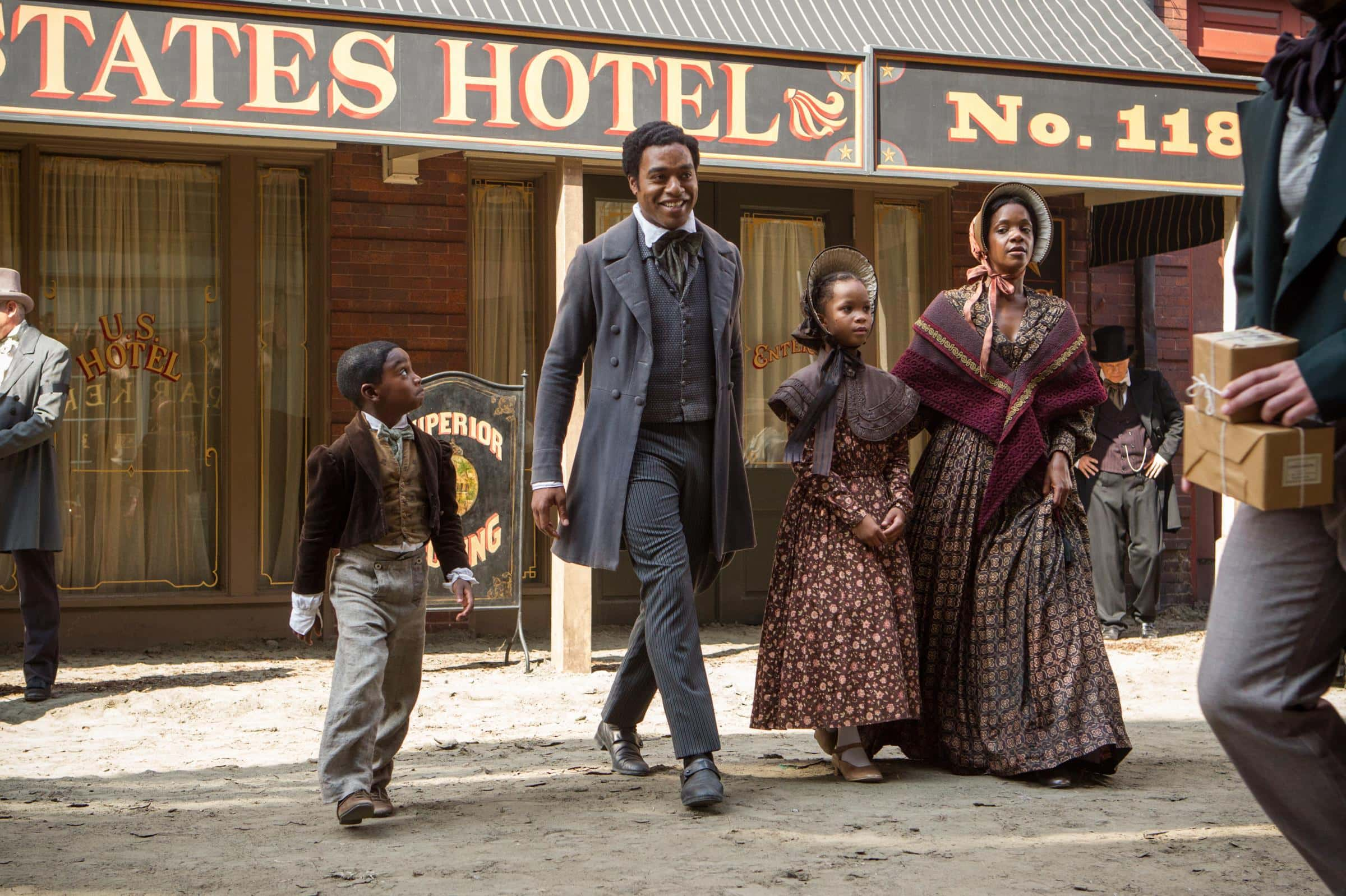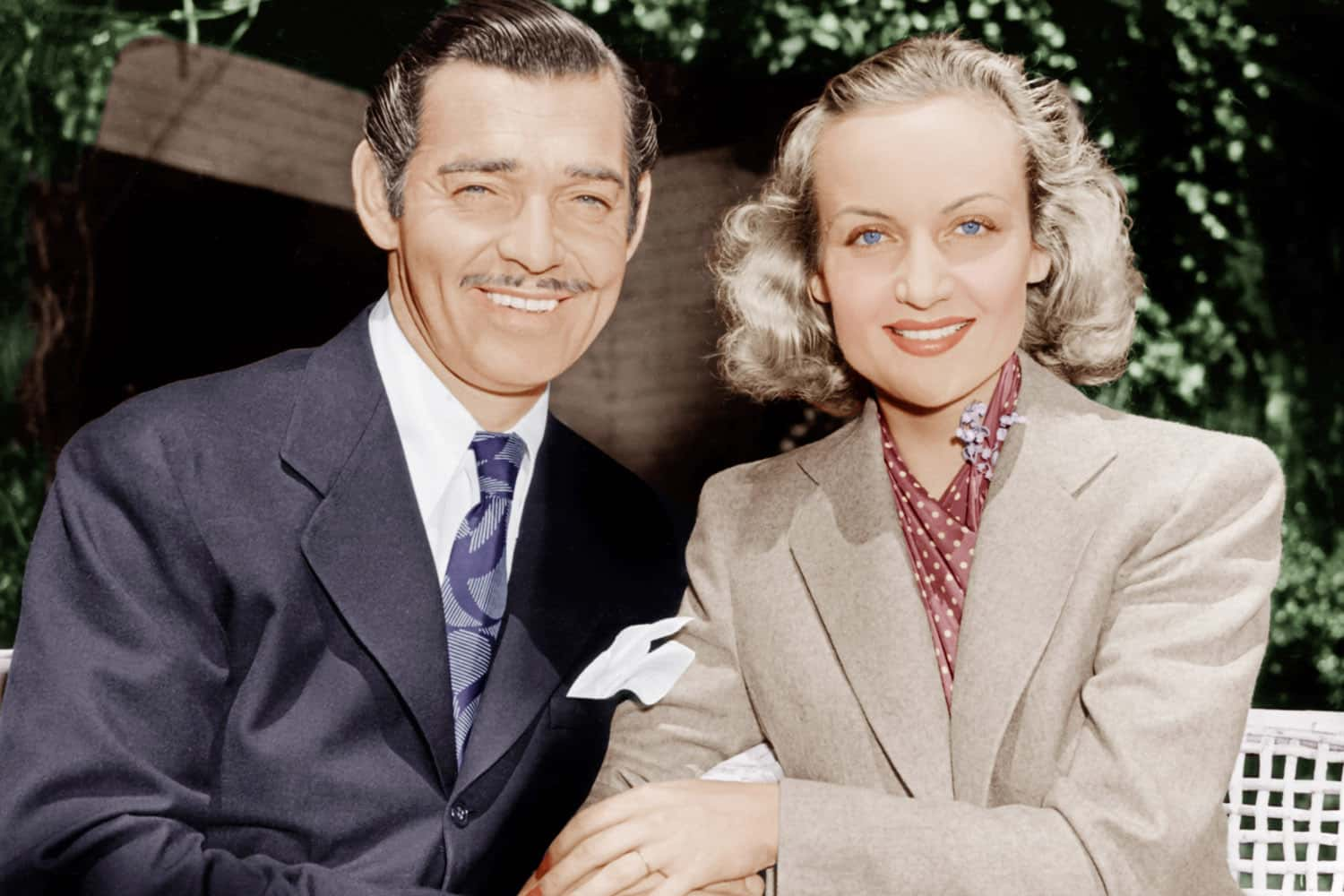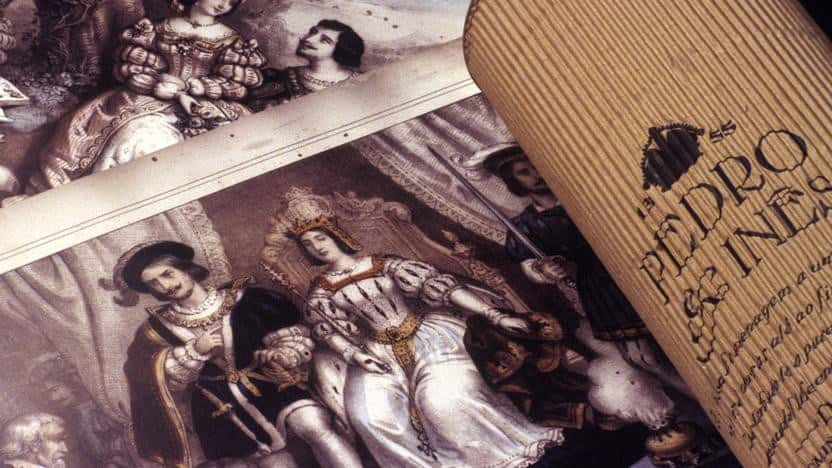"Most people think that love doesn’t stand the test of time–that it is eternal only as long as it lasts–but love is an unquenchable flame. It is only the fires of momentary desire that burn too fast and go out far too quickly without leaving behind a single trace." —Mirella Muffarotto, Soccer Sweetheart
We all know that familiar story: a couple falls in love and has to face serious odds trying to make their love work out. Maybe their families disapprove, maybe a war forces them on opposite sides of a conflict. Whether the love works out or is tragically lost, these stories capture the imagination of generations afterwards. Stories are filled with such examples, some of which are based on real-life stories of lost or star-crossed love. Read on for 24 facts about some of the most iconic, and often the most tragic, tales of star-crossed lovers in history.
Star-Crossed Lovers Facts
24. She Definitely Makes for a Prettier Minotaur
Rosamund Clifford is a woman of such legend that it is nearly impossible to figure out the pure facts about her very real life. According to legend, she was a daughter of either a steward or a lord, and she captured the eye of King Henry II of England. She is recorded as having been the “great love of his life.” So besotted of her was he that in the legends, he is said to have constructed a hideout for her in the middle of a maze he had built in Woodstock, Oxfordshire.
 haven and hearth
haven and hearth
23. My Lover and My Wife
The reason that Henry II had to hide Rosamund Clifford in a maze was because he already had a queen at his side. In the legend, Eleanor of Aquitaine ruthlessly makes her way through the maze to find her husband’s mistress. When she found Rosamund, Eleanor supposedly offered her a dagger or a bowl of poison and told her to choose. Rosamund chose the latter and died.
22. Al and Vicky 4 Life
While royal marriages were not usually made for romantic reasons, Queen Victoria got lucky with Prince Albert. Victoria was passionately in love with Albert until his tragic death in 1861—and even beyond that. She took to wearing black for the rest of her 63-year reign, never remarrying, and mourning Albert’s death for nearly as long. Upon her death in 1901, the two of them were interred together with the words "Farewell best beloved, here at last I shall rest with thee, with thee in Christ I shall rise again” written on their shared mausoleum.
21. When Percy Met Mary
When two artists fall in love, you can only imagine the drama of such a bond. Such was the case when Percy B. Shelley met Mary Godwin (soon to be Mary Shelley, writer of Frankenstein). The two of them traveled Europe together (while Shelley was married to another woman and against Godwin's father's wishes) and by the time they got back to England, Godwin was pregnant. Their romance was hit with scandal, debt, the premature death of their child, and the suicide of Shelley’s first wife. Despite all that, Percy and Mary Shelley were married in 1816, presumably flipping off society while they kissed eachother.
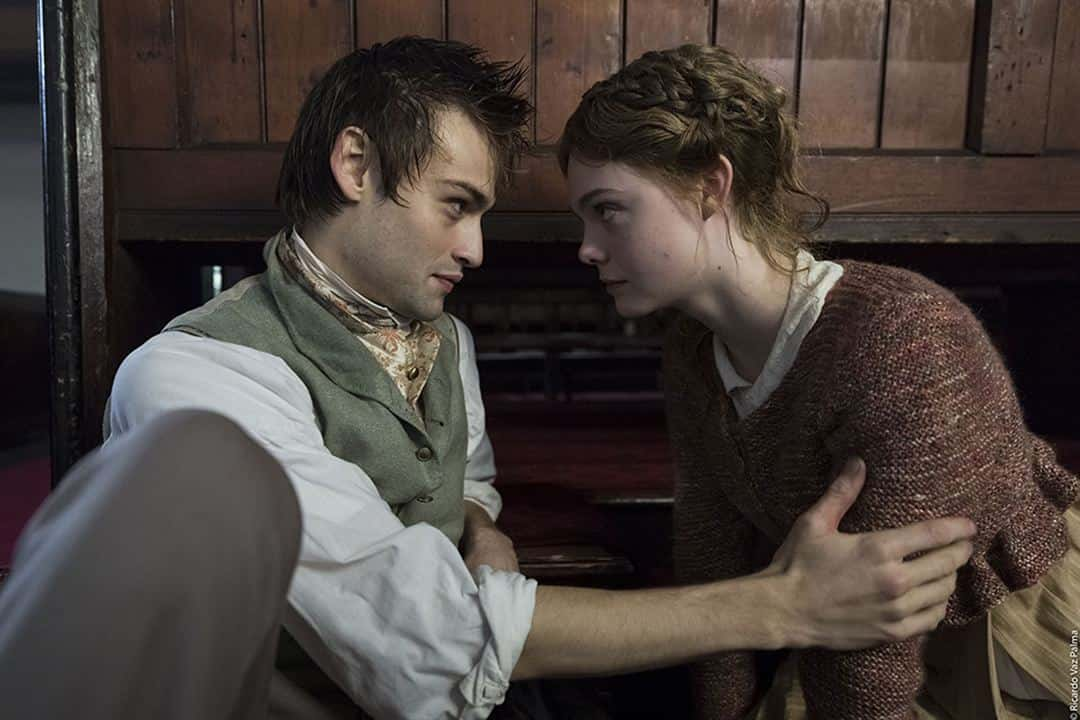 adoro cinema
adoro cinema
20. A Stormy Beginning and a Stormy End
Unfortunately, tragedy continued to befall the Shelleys, even after they got the chance to spend their lives together. Their next two children died young, with only the fourth living to adulthood. Percy died in 1822, drowning in a boating accident. Mary never married again after Percy’s death.
19. Layla… Got Me on My Knees, Layla…
In the ancient Persian stories (said to be semi-historical, though there are many different versions of the legend), Qays ibn al-Mulawwah fell head over heels for Layla al-Aamiriya, and he wanted to let the world know through his poetry. He was called "Majnun" by the locals who thought he was crazy with love. Layla’s father didn’t want his daughter anywhere near that crazy fool, so he married her off to someone else. The two forlorn lovers were forced apart until Layla’s death. Soon after she had been laid to rest, Majnun’s body was found by her grave. Before he died, he had carved the last verses of his poetic career into a rock nearby.
18. You Guide My Way
In accordance with Greek myth, Hero was a priestess of Aphrodite, the goddess of love. Hero fell in love with Leander, a handsome young man. The two of them lived on either side of the Hellespont, a strait connected to the Mediterranean. Every night, Leander would swim across the Hellespont to be with Hero, who would light a lamp at the top of the tower in which she lived so he knew where to go.
 youtube
youtube
17. That’s a Great Idea, I’ll Use It Too
This idea of lovers connected by a shining light was reused for another pair of star-crossed lovers in The Great Gatsby. Jay Gatsby is a self-made millionaire who has always desired to be with Daisy, now married to Tom Buchanan. Living on the other side of a bay from their mansion, Gatsby is pictured reaching out to the green light on Daisy’s dock, so close and yet so far from the woman he desires.
16. A Monument Out of Love
Shah Jahan was besotted with Mumtaz Mahal, whom he nicknamed the “Jewel of the Palace.” Objectification aside, Jahan was so distraught when Mahal died during childbirth that he constructed the Taj Mahal in her honor. Construction lasted 23 years, but when it was completed, and Jahan had died, he and Mahal were laid there in their final resting place.

History's most fascinating stories and darkest secrets, delivered to your inbox daily.
15. Love Lost to an Epidemic
On the 21st of April 1985, an award-winning play by Larry Kramer, The Normal Heart, first premiered. This highly emotional and dramatic play details the emergence of the AIDS crisis from 1981 to 1984. The protagonist, Ned Weeks, is filled with fury as more and more members of the gay community succumb to AIDS. Things get even more desperate when the love of his life, a reporter named Felix Turner, also contracts the disease. The play’s incredible depths of tragedy and anger were also captured in an HBO adaptation of the play starring Mark Ruffalo as Weeks and Matt Bomer as Turner.
14. Who Was Felix?
While Larry Kramer has released information on some of the autobiographical details on the various characters in his story (including the fact that Ned Weeks is based on himself), he has never given any on the character of Felix Turner. Some have suggested that Turner’s historical equivalent could be John Duka, a style reporter for the New York Times. One inconsistency with this theory is that Duka died of AIDS-related complications in 1989, four years after the play first premiered.
13. A Love Story for the Ages
One fictional love story which goes back to the 12th century, and possibly even further than that, is the tragedy of Tristan and Iseult. There are a lot of different versions of the story, but the basic plot is that Tristan is a warrior in the court of his uncle, King Mark of Cornwall, and Iseult is the young bride of King Mark. Through a love potion (since only that could justify the love affair back in Medieval times) Tristan and Iseult fall in love with each other and begin an affair. One way or another, the two lovers die tragically, depending on which version you read.
12. Amour in Antiquity
In one of the classic stories of love, Egyptian queen Cleopatra famously seduced the Roman general Marcus Antonius (better known now as Mark Antony). From the start, things were troubled in their relationship. For one thing, Antony was already married, at one point to a woman no less than Octavia, the sister of Octavian, heir to Julius Caesar and rival to Antony. Antony’s affair and adoption of an eastern lifestyle infuriated the Romans. Octavian himself would feed the fires against Antony, gaining power with his rival’s unpopularity.
11. Torn Apart by War
The final straw for Mark Antony and Cleopatra was when Antony’s power in Egypt went to his head, and he began allotting territories to his children. Not only that, Cleopatra’s son by Julius Caesar, Caesarion, was declared to be the true heir of Caesar. Octavian eventually went to war with Antony, with nearly full Roman support. The war resulted in Antony and Cleopatra taking their own lives as Octavian’s forces bore down upon them in Egypt.
 baddogneedsrottenhome
baddogneedsrottenhome
10. You Can’t Keep Them Down
Despite their tragic end, and despite Octavian’s attempts to smear their names in history as he became Emperor Augustus, the story of Antony and Cleopatra has been frequently dramatized and (arguably) romanticized even further than it ever was in real life. Shakespeare wrote about them, and famed Hollywood couple Richard Burton and Elizabeth Taylor starred in a gaudy, highly expensive movie about their story.
9. Boy Meets Girl
Her name was Mildred Jeter, a woman who was identified as black, but she herself was said to identify as “Indian-Rappahannock.” His name was Richard Loving, the descendant of a white slave-owning family who had fought with the Confederates in the Civil War. Both of them grew up in a small community in Virginia and fell in love from a young age.
8. Law Intervenes
For centuries in the US, laws existed that forbade interracial marriage. These laws survived in one form or another in various southern states during the year 1958, when Richard and Mildred were quietly married in Washington D.C. in an attempted loophole of Virginia’s laws. When they returned home, however, an anonymous tip led to them being arrested for living as man and wife, while their marriage certificate was discredited. They were sentenced to a year in prison, suspended on the condition that they stay out Virginia for 25 years.
7. Love Conquers
Eventually, Richard and Mildred Loving took their case as far as the US Supreme Court. In 1967, the SCOTUS decided that the anti-interracial marriage laws were unconstitutional, thereby making the laws invalid. To this day, Richard and Mildred Loving’s triumph against racism is celebrated on the 12th of June, known as Loving Day. Their story has been turned into three films so far, the most recent one being made in 2016.
6. Always the South…
As was portrayed in 12 Years a Slave, Solomon Northup was a free black man in New York until he was kidnapped and sold into slavery in 1841. He spent 12 years in captivity, even as his wife and children had no idea where he’d gone. His wife finally got word of her missing husband in 1852, followed shortly by his release and return.
5. I Love You, Don’t Tell My Wife
Clark Gable was one of the biggest Hollywood stars of his time, and like many stars in Hollywood, he had a wandering eye for women. While he was separating from his second wife, however, he fell for his old co-star from No Man of Her Own, Carole Lombard. Lombard and Gable were finally able to marry after Gable’s divorce was finalized in 1939.
4. Eventually Reunited
Unfortunately, Gable’s bad habits were hard to break, and Lombard was worried that he was looking at renowned actress Lana Turner the wrong way. In 1942, Lombard helped the US government sell war bonds, and then took a plane back to Hollywood rather than take a three-day train trip from Indiana. Sadly, the plane crashed while en route, killing everyone on board. A devastated Gable drove out to the wreck, reportedly crying out, “Oh God! I don’t want to go back to an empty house.” He proceeded to enlist for the Air Force, despite being 41. Surviving the war, Gable would get married two more times, but when he died in 1960, he was buried next to Lombard.
3. Once Again, Settlers Ruin Everything
Your view of Pocahontas might be inspired by the Disney film made about her, featuring a star-crossed love between herself and English explorer John Smith. However, the truth may be darker in origin and outcome. Historically, Pocahontas had no romance with John Smith (their age difference was arguably a good reason). Pocahontas is said to have had a husband before she was captured by the English and taken to Europe. His name was Kocoum, and he and Pocahontas are said to have had a child before Kocoum was (possibly) killed and Pocahontas was captured. Kocoum’s existence is disputed, but if he did exist, it’s a pretty grim love story.
2. Who Knew "Pedro" was Portuguese for "Robb Stark"?
The heir to the Portuguese throne, Pedro, had eyes only for Ines de Castro, a lady-in-waiting to his betrothed, Constance of Castile. Forced into a marriage with Constance to maintain an alliance between their countries, their marriage ended when Constance died. When Pedro tried to take Ines as his new wife (seems fair enough, since he had multiple kids with her at that point), his infuriated father sent three men after Ines. They brutally murdered her in front of one of her own children.
1. This Means War!
In response to the murder of his beloved Ines, Prince Pedro ruthlessly hunted down the men responsible. In 1361, he captured two of the three men, and exacted a bloody revenge. The men were publicly executed by having their hearts ripped out, since Pedro reasoned that neither men could have a heart after breaking his own. Poetic, in a very brutal way.



